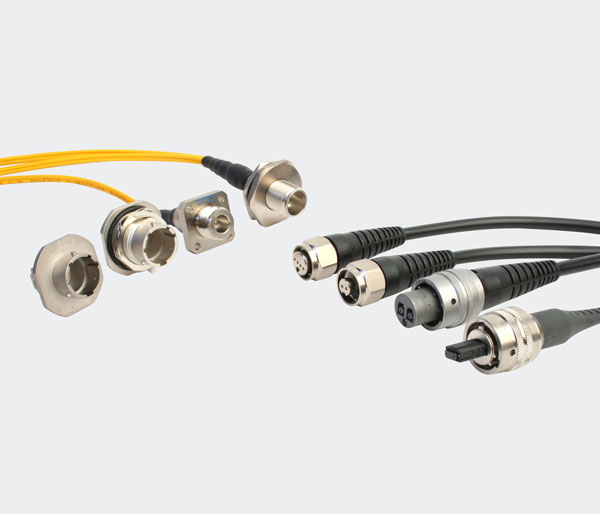According to the latest news, Intel officially stated that it has obtained a license to supply Huawei!
Recently, Intel, Micron Technology, South Korea’s Samsung, SK Hynix, TSMC, MediaTek, SMIC and other manufacturers have submitted applications to the US Department of Commerce for permits to continue to supply Huawei after September 15. Currently AMD and Intel have been licensed.
In fact, Huawei does not pin all its hopes on foreign chip manufacturers. According to reports, Huawei currently has no plan B for chip supply cuts, but the specific countermeasures are mainly to seek domestic alternatives.
Industry insiders said: The United States has issued a revised version of the ban against Huawei in order to curb its ability to manufacture chips. Intel’s permission this time can further illustrate this point.
Gartner data shows that global semiconductor revenue in 2019 is approximately US$418 billion, and five of the top ten are US companies:
The Boston Consulting Group (BCG) released in March 2020 the report How the restriction on trade with China will end the United States’ leadership in the global semiconductor industry said: In the next three to five years, if the United States continues to set restrictions on the Chinese entities currently on the list to use products containing US technology, US semiconductor companies may lose 8% of the global share and 16% of revenue.
If the United States completely bans semiconductor companies from selling products to Chinese customers, effectively decoupling technology from China, then American companies may lose 18% of their global share and 37% of revenue in the same period.
These declines in revenue will inevitably lead to a significant reduction in R&D expenditures and capital expenditures by US semiconductor companies, resulting in a direct loss of 15,000 to 40,000 high-skilled jobs in the US semiconductor industry.
Many senior executives from Huawei have expressed their attitude towards the issue of chip supply. Wang Chenglu, president of Huawei’s consumer business software department, said at a recent conference, “The technology involved in the chip issue is very complicated. Huawei must have difficulties in this regard. There is no doubt.” He believes that the chip issue has also given enterprises reflection. No choice is the best choice. “Restrictions instead give everyone a very good opportunity. Crisis and opportunities coexist.”




